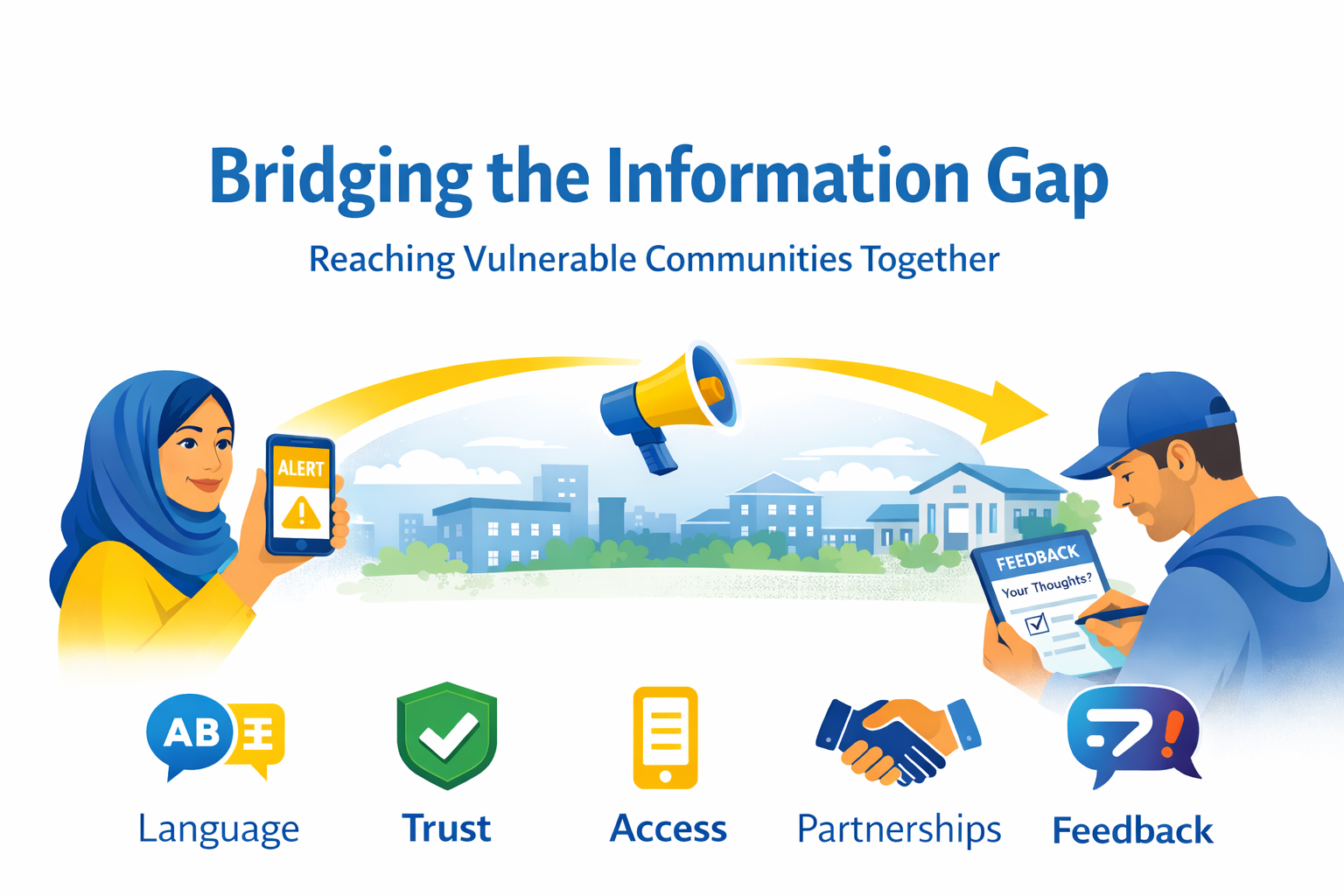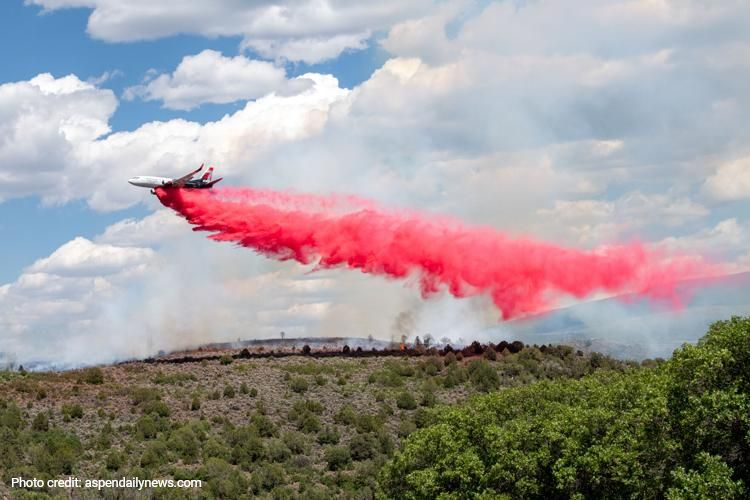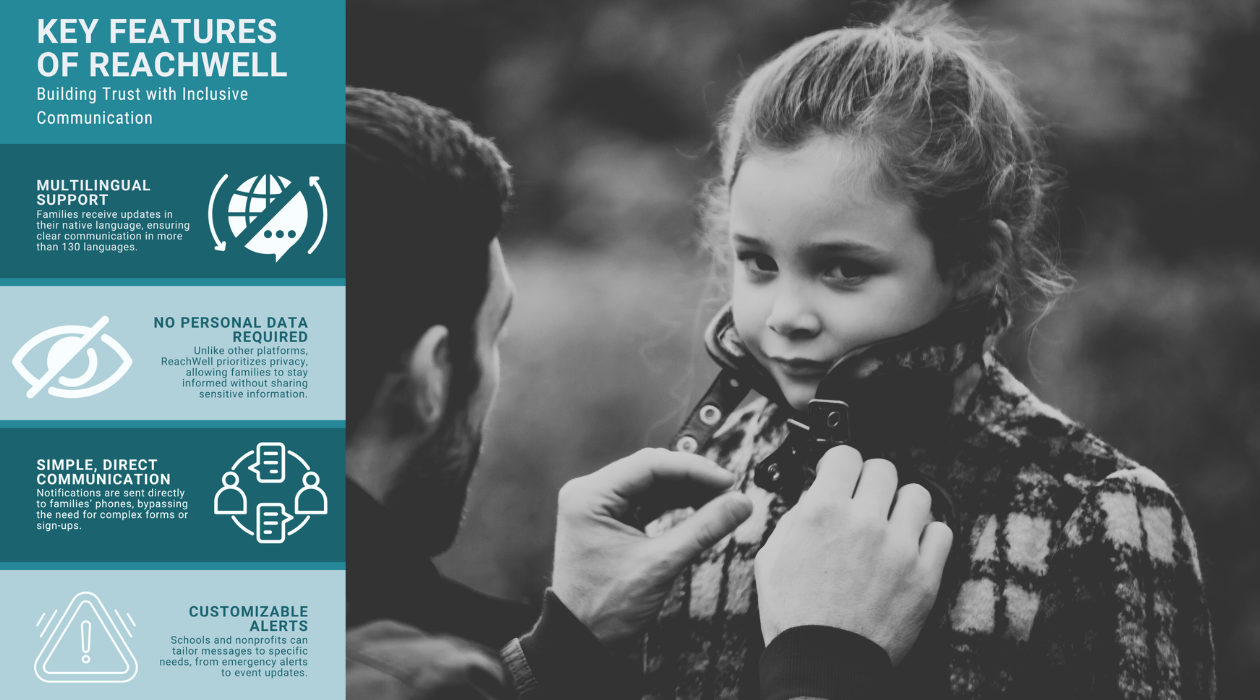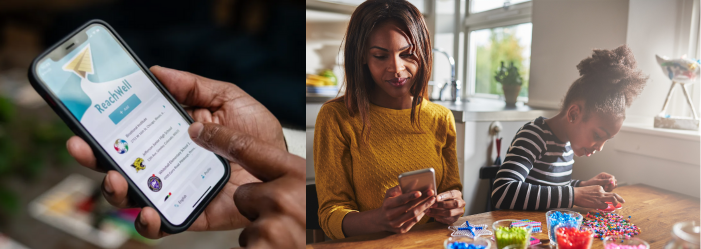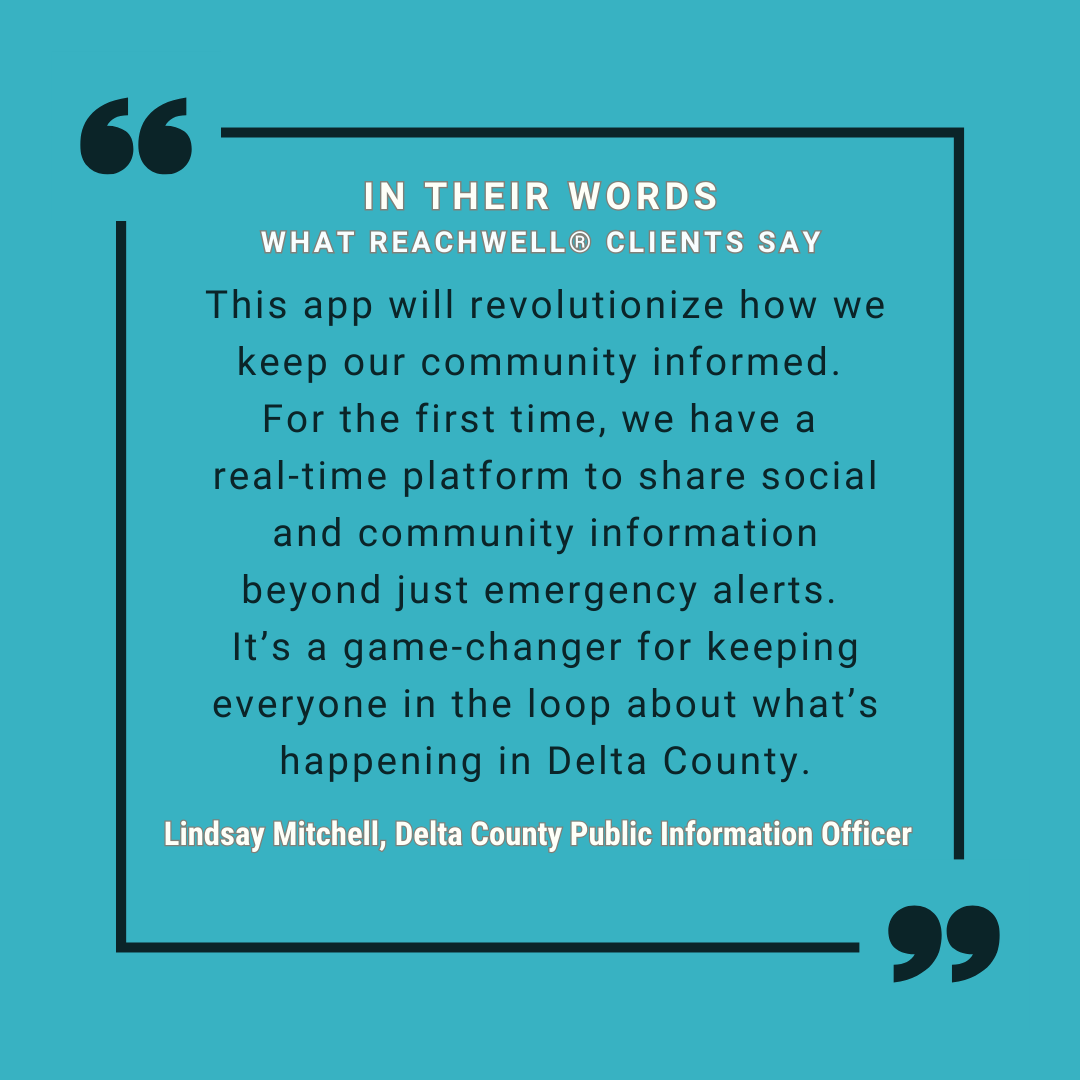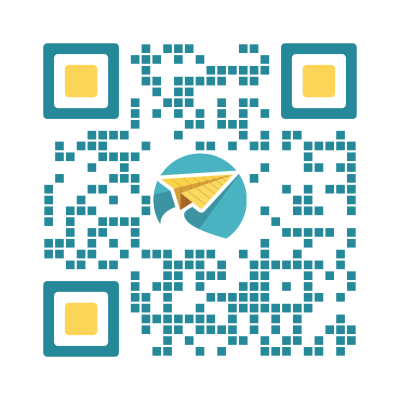7 Ways to Build Relational Trust in Your Community
Reachwell's features are perfect for transparency and sharing resources: two things we keep hearing that parents are asking for!

This month we connected with Colorado families who shared their personal challenges, and to no surprise families requested more support resources . We also heard a need for their schools to be more transparent . Read on to see how our partner schools and non-profits are using innovative tools to solve these issues.
We at Reachwell dove deep to understand the core issues and present solutions to our community, grounded in the practice of Relational Trust from the dual- capacity framework .
First, there's a disconnect between the schools' activities and their families' perceptions.
- Admins and educators are exhausting themselves to keep classes and schools moving forward. In addition, they're providing individualized support for their students and families. "12 hour days." "No breaks." "Rebuilding lesson plans."
- Families only know a sliver of the activity based on what they're receiving via newsletters and first hand accounts from their children. "They only teach half-day; what are they doing with their time?" "I don't feel recognized by my school."
Second, like us, the families we talked to feel disconnected from their community and schools. "It feels like teachers aren't working to connect with individual families." They craved more empathy from staff to simply recognize that things are hard right now. "I don't have childcare." "I lost my job."
This disconnect between the family experience and the work we're seeing in our schools could be avoided by two essential ideas:
- Families want transparency.
- Families need resources and supports.
With a small shift, schools and organizations can build Relational Trust with families in their community, as outlined by the Dual Capacity-Building Framework.
Once you build trust with the community, they are more likely to become partners that provide feedback. As we learn from each other, systems become stronger, relational trust grows, and research shows outcomes for students and families improve.
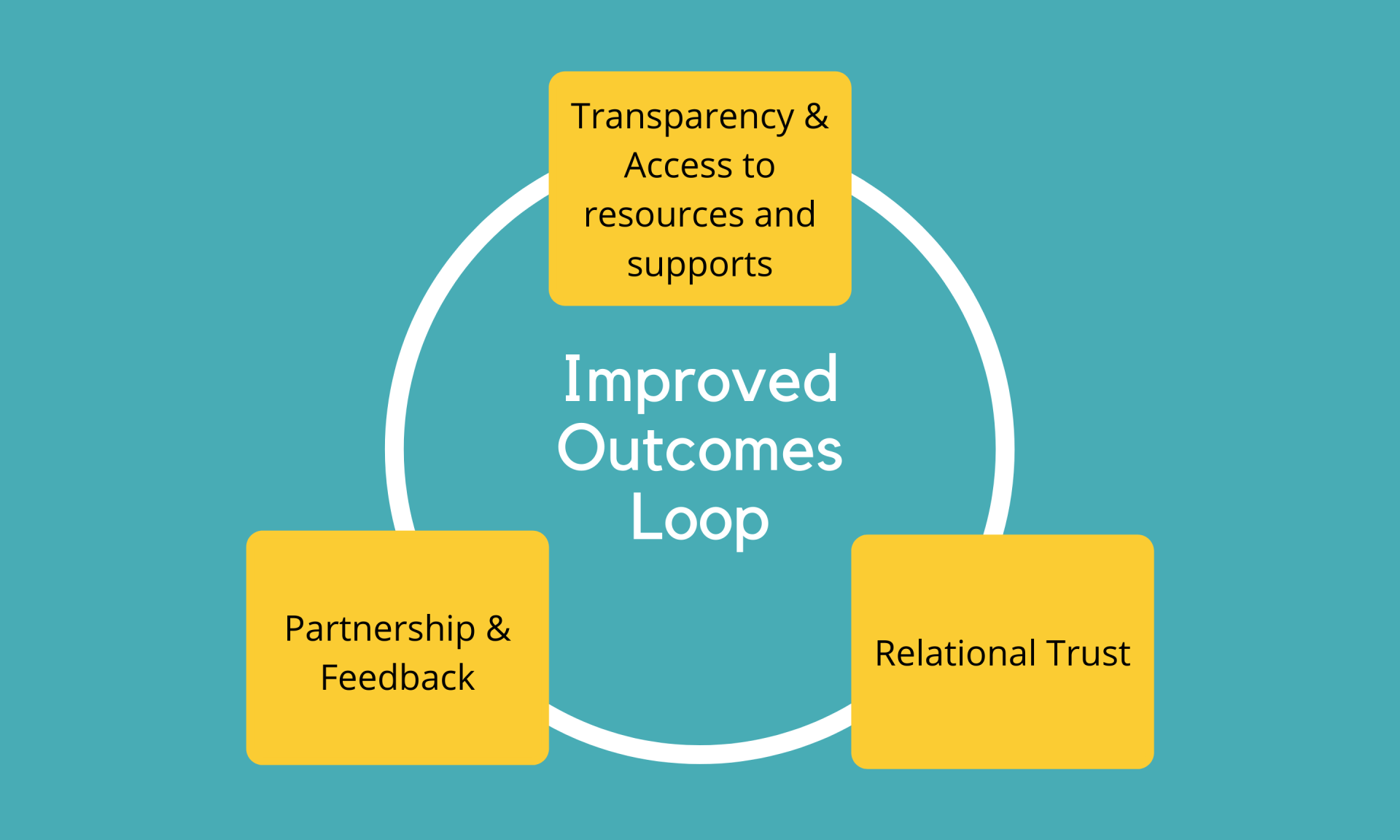
| How can I use Reachwell to increase transparency and access to resources? |
| Relational trust by providing easy access to support Translated app chats: Homeroom teachers at Vista College Prep are sending weekly check-ins to families through the chat function on the FlyReachwell Connect app. This is a great way to give families the chance to open up about how everyone is doing at home, and if they need any resources from the school's team. Creating a Counseling Corner group : Schools in DPS created a Counseling Corner default group for counselors to send regular updates on mental health resources. Through the group, counselors can update a calendar that syncs to the app , so they can let families know of deadlines for certain resources. Promoting community partner's channels on the app : STRIVE Prep schools are promoting community partners, like the Colorado I Have a Dream Foundation's channel on the app. Families know they can get school-wide information, as well as updates from after-school programs and other neighborhood providers. Relational trust through transparency Banners with regular updates: KIPP Texas schools have tappable banners that lead families to letters and videos from the principal. The recurring updates give families a chance to feel connected to the school, but also keeps them in-the-know during a school year with regular changes. Technology needs assessment: Kansas City Kansas Public Schools is asking families to let them know of their tech and connectivity needs to make sure all students have the necessary resources for learning. In-person learning updates: DSST shares what's new at the network weekly with families, which has prepared families during their transition to hybrid learning. COVID-19 health information: Asian Pacific Development Center sends messages to explain to students how to get the COVID vaccine and how the vaccine works. Cedar Valley Montessori shares how they are taking COVID precautions to ensure all students and staff are safe. |




